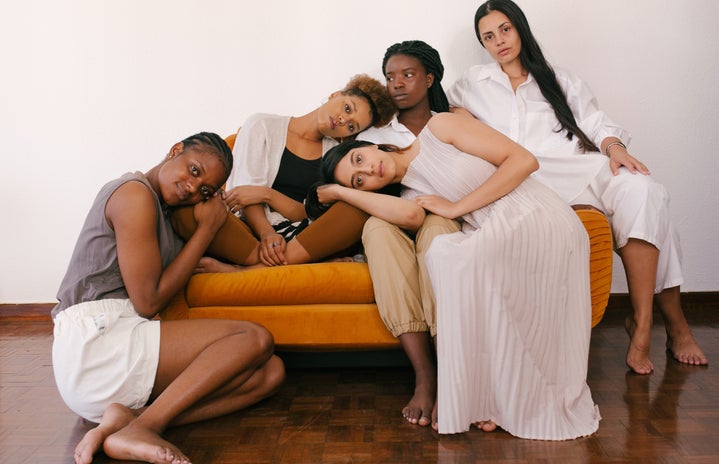A year into the COVID-19 pandemic, I have been taking live-stream classes and club meetings at home without physically meeting people. The in-class interactions have gone in a different way: my professor would call my name until I started to discuss with the class in traditional classrooms, while the chat room became the discussion space for Zoom folks.
My Zoom profile and name became the sole channel for them to know about me — as I was on the other side of the Pacific Ocean — but sometimes people on the other side of the screen did not address me with my name: my Chinese name.

In the past, my professors would ask me a few times to make sure they would pronounce my name correctly. On Zoom, though, they went over my information typed in the chatbox without calling my name — something that I understood the reason behind, but never thought would leave me in frustration.
For this reason, many international students give themselves an English name. I did, too. I felt I was part of “the group” when people called my English name, which they said was cute, but which I picked from the index of the Oxford dictionary within 10 minutes. Yet, shortly after a month when I came to the states, I felt strange when hearing the “word” from others … “Who am I?”
Every Chinese name was granted a wish by parents. Parents spent day and night, looking up in the dictionary, pledging Chinese masters for doing astrology, and aiming to give a one-of-the-kind name to their newborns. However, the meaning of my Chinese name — standing for preciousness and peace-mindedness — vanished when it was represented by English letters, followed by people fumbling for the proper pronunciation.

My switch between two cultural clusters of people made me uncomfortable. I was reminded of my cultural heritage and identity when associating with my Asian friends who called me “Lutian,” while I was spontaneously stimulated like Pavlov’s dog within a group who all called me “Kaykay.” Finally, I realized that to give myself an English name was a poor attempt to fit into a group, where I found no common ground with my identity.
The more I immersed in a diverse campus, the stronger I felt I was iterated by my cultural identity. Everything — from the nametag on my dorm room door to my all social media accounts — was replaced with my Chinese name. When I go back on campus once the pandemic subsides, I will keep patiently teaching people how to pronounce my name properly and proudly explaining to them the meaning of it.
So, don’t make an international student invisible or mispronounce their names because you feel awkward to ask. I’m sure they are willing to help you like I am.
Want to keep up with HCBU? Make sure to like us on Facebook, follow us on Instagram, check out our Pinterest board, and read our latest Tweets!



